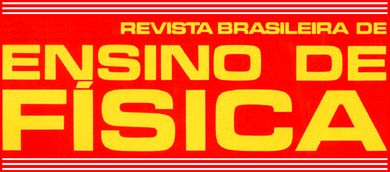In the current scenario, one of the main skills required by the subjects concerns the development of new strategies for the best use of digital technologies, which have shown great potential in the development of society. In the search for formative alternatives for Basic Education, the Common National Curricular Base (BNCC) inserted a new curricular subject called Digital Culture and Technologies, or Digital Culture. In this context, the present article has as its main objective to investigate the new curricular discipline Digital Culture, inserted in state schools in the context of the new High School. For carry out this study, we based ourselves on the guidelines present in the Gaucho Curriculum Reference and in the BNCC of Secondary Education, official documents of this context. Specifically, we developed a Systematic Literature Review (SLR), investigating the publications of national journals with the best evaluation in the Qualis CAPES of large Teaching area, with a focus on publications in the subfields of Physics Teaching and Science Education. The analysis of the data obtained was performed from the five research steps described by Yin [21[21] R.K. Yin, Qualitative research from start to finish (Guilford Press, New York, 2015).]. We can conclude that it is important to implement the discipline Digital Culture in all educational modalities, due to the fact that it enhances the construction of knowledge through the aid of technologies. The implementation of Digital Culture awakens and motivates the students’ interest in activities associated with educational practices, by means of technologies. In this scope, it is up to the teacher to act as a knowledge mediator through the integration of Digital Information and Communication Technologies (DICT), fostering a teaching and learning process that makes sense to the student. Fostering a discipline and learning process that makes sense to the student, further study is deemed necessary, debating the school’s opinion, of the teachers, of the students and the community that are linked to its implementation, in order to identify the advances and obstacles in this area, and from there to look for ways and possibilities to promote the quality of its integration.
Keywords:
Digital Culture; Digital Information and Communication Technologies (DICT); new High School; Physics Teaching; Common National Curriculum Base (BNCC)

 Thumbnail
Thumbnail
 Fonte: [
Fonte: [